Why we don't get enough sleep: scientists told about the main reasons
Categories: Health and Medicine
By Pictolic https://pictolic.com/article/why-we-dont-get-enough-sleep-scientists-told-about-the-main-reasons.html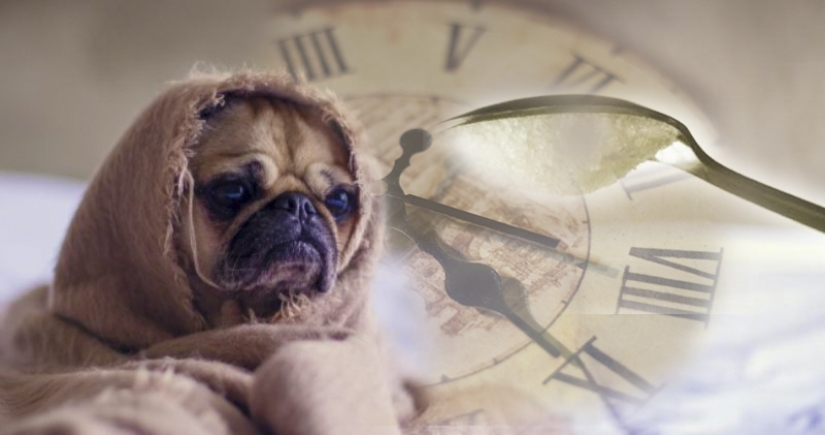
Everyone knows that in order to get a full night's sleep, a person needs 8-9 hours. But in practice, most of us are sorely lacking this time, and we wake up broken and tired. This is explained by the fact that the quality of sleep depends not only on the duration, but also on many other factors. Scientists are well aware of which ones.
The main biorhythm that controls the life processes of each person is circadian, 24-hour. The body is synchronized with the change of day and night, and the most favorable period for rest is always the period from sunset to dawn. 8-9 hours is the optimal duration of sleep, but experts recommend falling asleep no later than 11 o'clock in the evening.
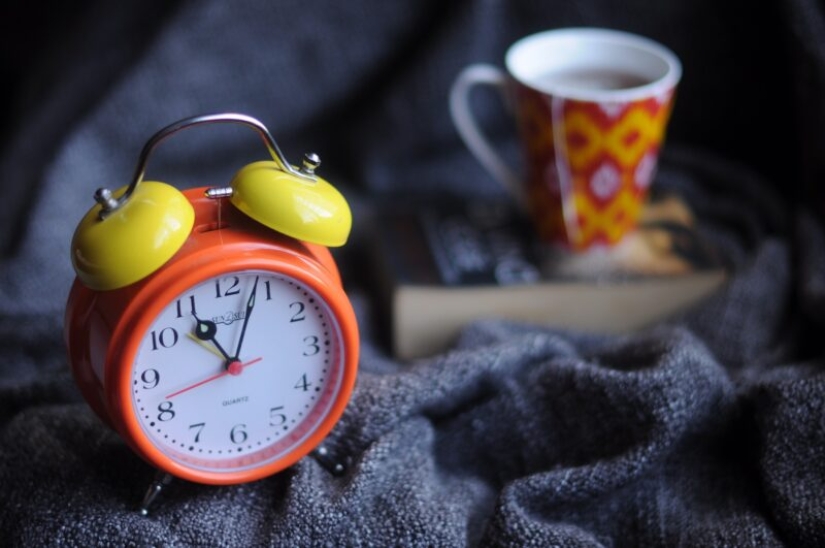
You can't do anything and, even if you follow these rules, you don't get enough sleep? It's simple – you need to follow a few more simple, but important rules that science has determined over centuries of observations and through complex experiments.
People have been interested in the time cycles of human life, periodic phenomena and their impact on health and well-being since time immemorial. Over the centuries, certain knowledge was accumulated, which in the 18th century was systematized and formed the basis of a new science – chronobiology.
Once scientists were limited to simple experiments with sleep, wakefulness and physical activity, but today chronobiology is a science in which experiments are carried out in a variety of fields: anatomy, physiology, genetics, and even molecular biology.
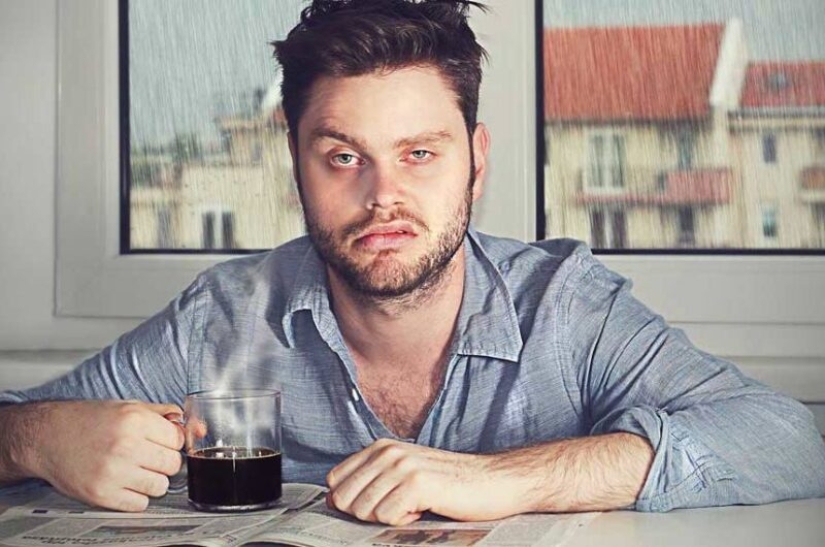
Today, scientists know that sleep consists of two phases: slow and fast. Slow sleep is divided into 4 main stages:
The fifth stage of sleep is rapid sleep, which rarely lasts more than 60 minutes. In this state, the human brain is in the most active state, so the dreams seen during this period of time are remembered most often.
Scientists call the stage of REM sleep "paradoxical", since at this time the muscles relax as much as possible, and the brain is active and ready to process information. In order for sleep to be full, healthy, a person must undergo at least 3-6 cycles. At the same time, the most favorable time to wake up is the 1st or 2nd stage of light sleep.
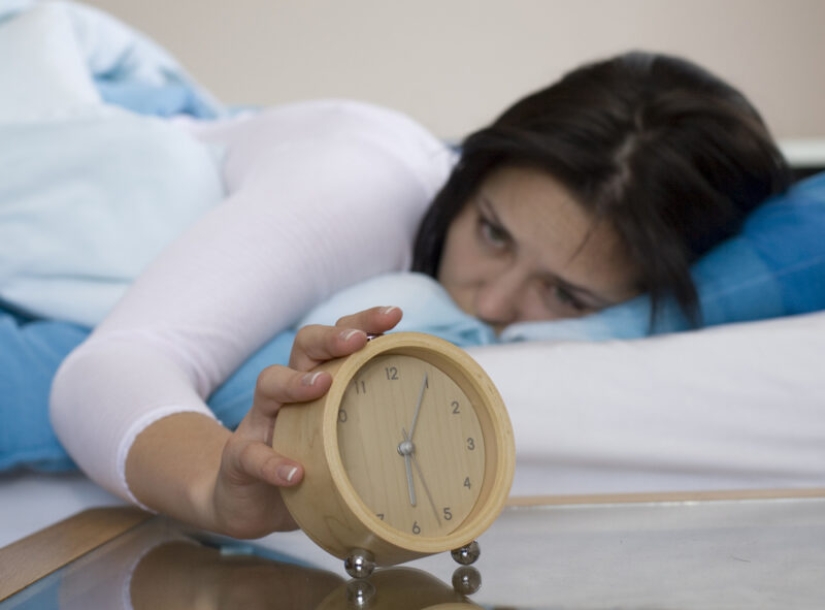
Taking into account this data about our sleep, all sorts of gadgets and applications work, which are commonly called "smart alarm clocks". They analyze the heart rate, which is different at different stages of sleep, and determine the most appropriate time to wake up.
But if one of the phases of sleep is disturbed or they change too quickly, then a full rest of the body does not occur, even if the sleep lasts more than 8 hours. Violation of night sleep has an extremely unfavorable effect on a person. The consequences can be very different, ranging from increased fatigue and obesity, ending with an increase in the likelihood of sudden death.
It is not difficult to guess that we ourselves become the main enemies of our sleep. Among the factors that disrupt the phases and do not allow us to fully relax, it is worth noting the following.
The light emitted by the screens of mobile devices gives our brain alarm signals. Blue light in the 460-nanometer range of the electromagnetic spectrum, characteristic of displays and LED lamps, has a particularly strong effect on humans. The international organization Sleep Foundation, which is engaged in research on sleep disorders, claims that such light interferes with the normal production of melatonin – the hormone responsible for healthy sleep.
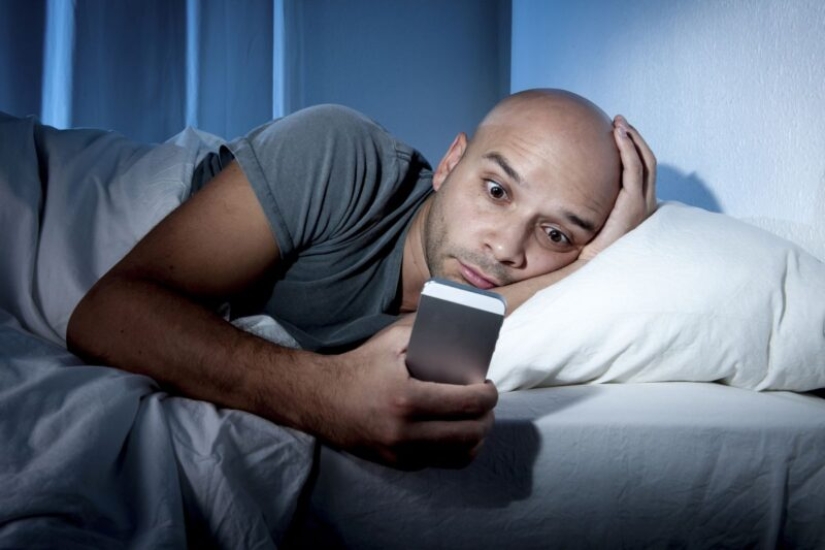
Gadgets keep us in an excited state and do not allow us to go into the stage of deep sleep. To avoid this, you need to put smartphones and laptops aside at least a couple of hours before going to bed and turn off or dim the light in the room.
Different flavors affect our body in different ways and this has been known since ancient times. For example, the smell of lavender relaxes us, reduces our heart rate and blood pressure. Therefore, lavender can be recommended to those who have problems with falling asleep.
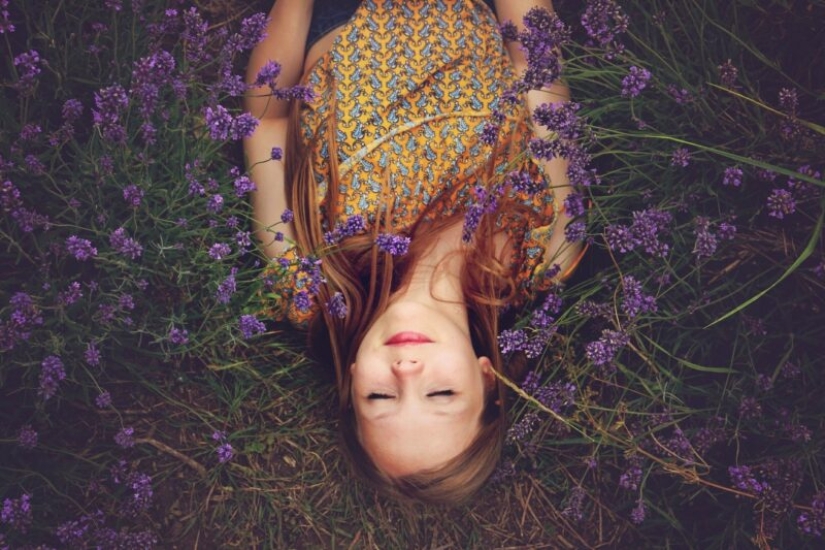
Scientists conducted experiments and found that people who inhaled the smell of this plant before going to bed fell asleep faster, and in the morning they got out of bed refreshed and rested. Lavender, unfortunately, can not become a cure for insomnia, but for small sleep disorders, scented candles or pads with it can be very useful.
But it is worth remembering that many strong odors have a negative effect on sleep. Especially a lot of such aromas are found among detergents – washing powders, clothing and furniture care products. They are able to cause irritation and thus support the body in an excited state.
Physical activity and sports are very good, but not before going to bed. If you have spent time training in the evening or have done some hard physical work, then your body will be in a state of wakefulness.

You will not be able to sleep, even if you really want to and are very tired. The muscles will be in good shape for at least two more hours after the load. But doing physical education until 8 o'clock in the evening, that is, before melatonin begins to be produced, you, on the contrary, will contribute to a quick and high-quality sleep. So refrain from playing sports and physical work at least 2 hours before going to bed.
As you know, caffeine is found not only in coffee, but also in many other drinks and food products. Cocoa, Coca-Cola, dark chocolate, strong tea – all these things are incompatible with a healthy sleep. Before choosing a menu for dinner, read the composition of the dishes, they may contain undesirable components.

Scientists have found that the ambient temperature is a very important factor for sleep. Both high and low air temperatures can interfere with a healthy night's rest. It is known that the optimal temperature for sleeping is 20 degrees Celsius.
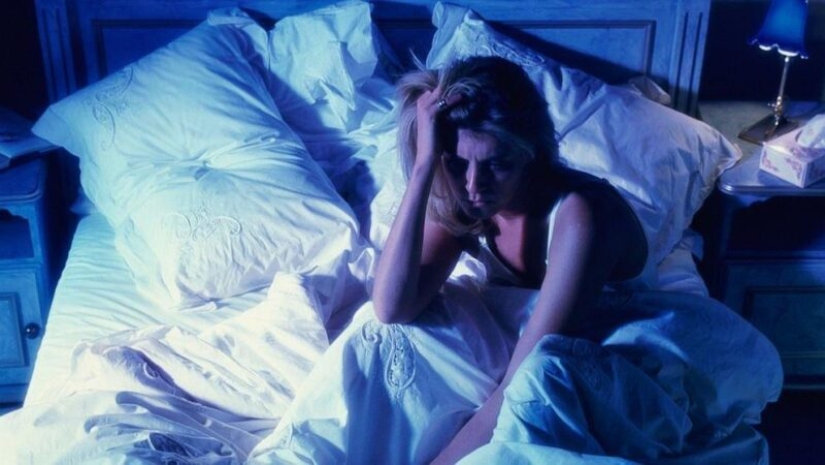
It is worth adding that not only the degrees are important, but also the air quality – before going to bed, the room must be ventilated. Do not forget that clothes and blankets tend to increase body temperature, so choose things for sleeping according to the season and your feelings. Melatonin is best produced in a cool and well-ventilated room.
But there are problems with sleep that can not be solved by airing, giving up gadgets and proper nutrition. Parasomnia is a whole group of sleep disorders characterized by unusual human behavior at night. According to the accepted classification, parasomnia is divided into 4 categories.
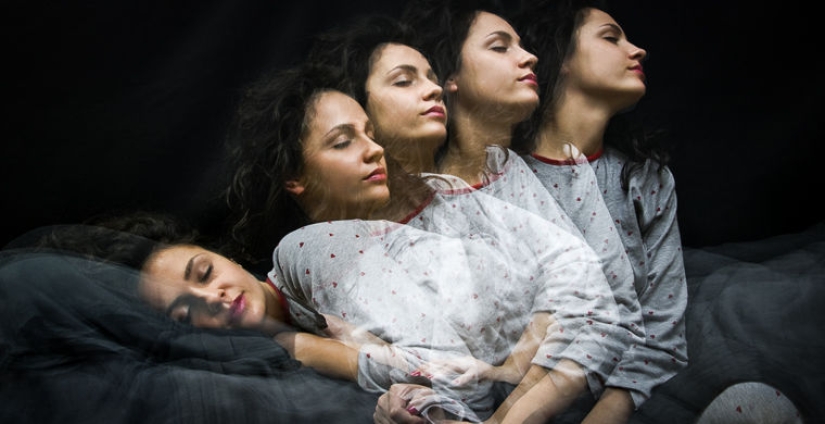
The most common disorders associated with slow sleep. These are, first of all, sleepwalking, nightmares and sudden awakenings. Night terrors are not only in children – studies have shown that many adults are also susceptible to them.
Another type of parasomnia is an embarrassing awakening, which is associated with the transition from slow to fast sleep. A person may suddenly wake up and start performing some actions, while not fully realizing what is happening around. His brain has not yet fully awakened and does not process information properly, so an inadequate reaction to the world around him is possible.
Night eating syndrome is a rare type of parasomnia that has not been fully studied by scientists. In this state, a person, without fully waking up, can go to the refrigerator and start eating. He is not aware of what is happening, since not all brain structures work. This violation is not related to a lack of food in any way – its nature has yet to be studied.
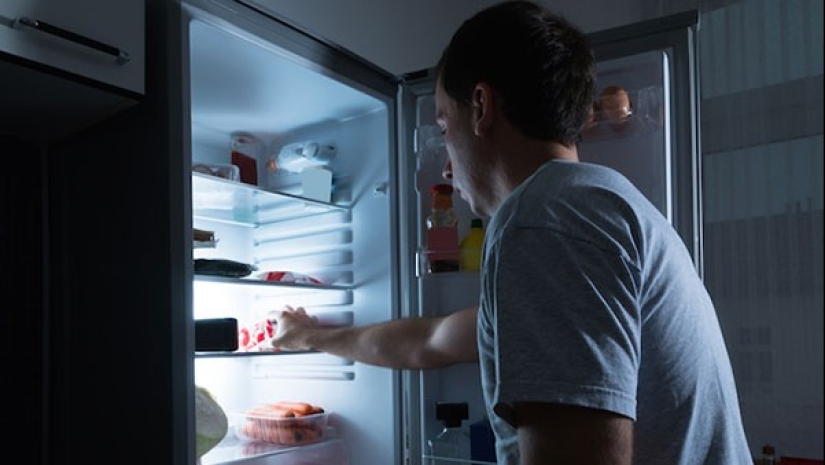
There is also a restless legs syndrome, which causes unpleasant sensations in the muscles of the lower extremities and even convulsions during sleep. As a result, a person wakes up and then cannot fall asleep for a long time. There are other, even more strange states. All these violations cannot be eliminated independently and it is better to seek help from medical specialists.
Keywords: Health and medicine | Lavender | Scientists | Dreams | Workouts | Coffee shop | Insomnia | Sleepwalking
Post News ArticleRecent articles

It's high time to admit that this whole hipster idea has gone too far. The concept has become so popular that even restaurants have ...

There is a perception that people only use 10% of their brain potential. But the heroes of our review, apparently, found a way to ...
Related articles

Immunity to poisons at all times been the dream of all authority. List of popes, kings and emperors, gave his soul to God through ...

Have you heard of such a phenomenon as the doorway effect? Let's put it simply: have you ever walked into a room and immediately ...

Most of us think that the color of the eggshell does not play any role and it is possible not to pay attention. But it's not and ...

New Year's is a time to surprise and delight loved ones not only with gifts but also with a unique presentation of the holiday ...